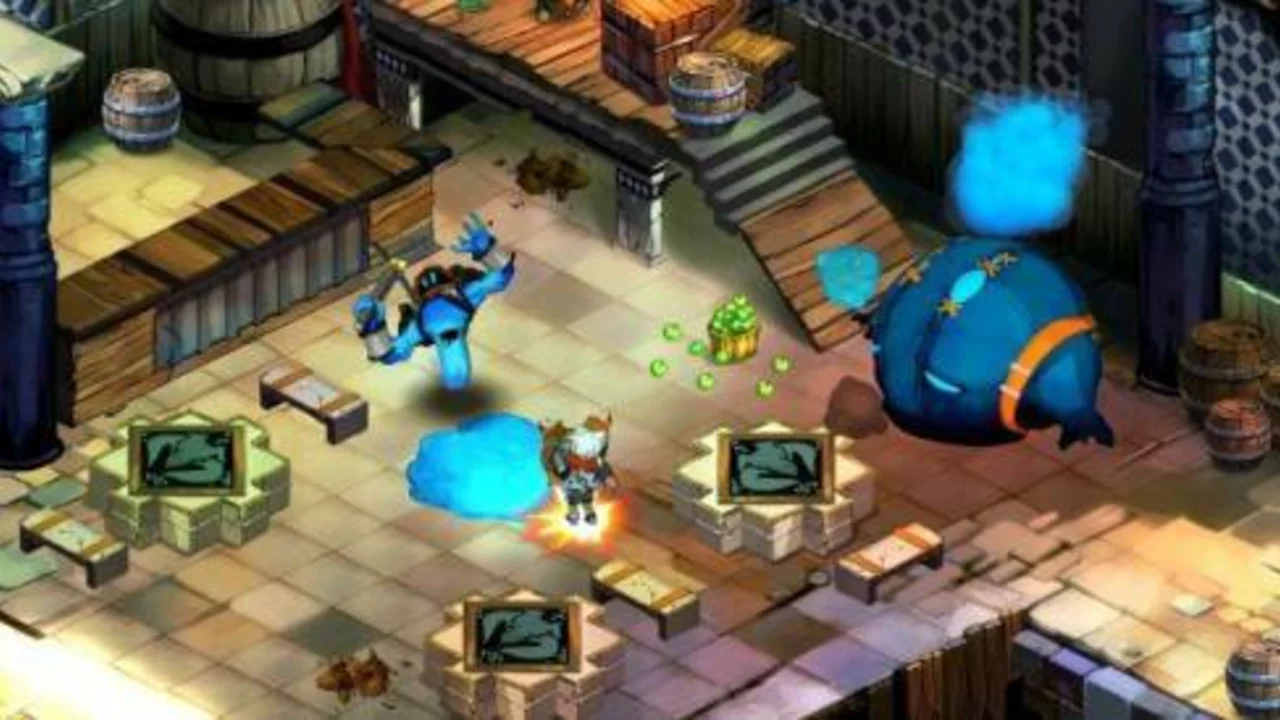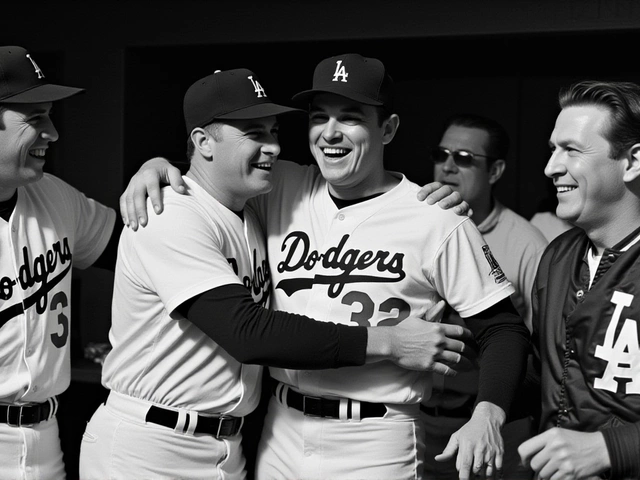Understanding Cerebral Games
Before we delve into the properties that make a game tactical or cerebral, we need to understand what these terms mean in the context of game design. Cerebral games, also known as strategy games, emphasize thought, planning, and decision-making. They challenge the player's ability to think critically and make strategic decisions, often requiring them to outwit or outmaneuver opponents. These games can be single-player or multiplayer, and they span a variety of genres, from board games to video games.
Key Elements of Cerebral Games
Tactical or cerebral games often share several key elements, which help to shape the gameplay. These elements include a clear objective, a set of rules or constraints, a range of possible actions or strategies, and a system for scoring or determining the winner. The game may also include elements of chance or randomness, which can add another layer of complexity to the decision-making process.
The Role of Strategy and Tactics
In a cerebral game, strategy and tactics are crucial. Strategy refers to the overall plan or approach that a player uses to achieve their objective. Tactics, on the other hand, are the specific actions or moves that a player makes in pursuit of their strategy. Both strategy and tactics require the player to think critically, anticipate the actions of their opponents, and make decisions based on the current state of the game.
Necessity of Decision-Making
Decision-making is at the heart of any cerebral game. The player must make decisions about their strategy and tactics, often with limited information and under time pressure. These decisions can have far-reaching consequences, affecting the course of the game and the player's chances of winning. The ability to make good decisions - to weigh the risks and rewards of different actions, to anticipate the reactions of other players, and to adapt to changing circumstances - is a key skill in these games.
Importance of Balance
Balance is another important property of cerebral games. In a well-balanced game, no single strategy or tactic is dominant. All strategies and tactics have strengths and weaknesses, and the player must choose the right one for the situation. This creates a dynamic and engaging gameplay experience, where the outcome is uncertain and the challenge is real.
The Impact of Randomness
While cerebral games rely heavily on strategy and decision-making, they often also include elements of chance or randomness. This can take many forms, from dice rolls to random card draws to unpredictable AI behavior. Randomness can add unpredictability and excitement to the game, but it must be carefully balanced with strategy. Too much randomness can make the game feel unfair or frustrating, while too little can make it predictable and dull.
Replayability
Finally, a good cerebral game has high replayability. This means that the game remains interesting and challenging even after multiple plays. Replayability can be achieved through a variety of means, such as a large number of possible strategies, a dynamic game environment, or a high degree of player interaction. A game with high replayability offers a deep and rewarding gameplay experience, one that keeps players coming back for more.




